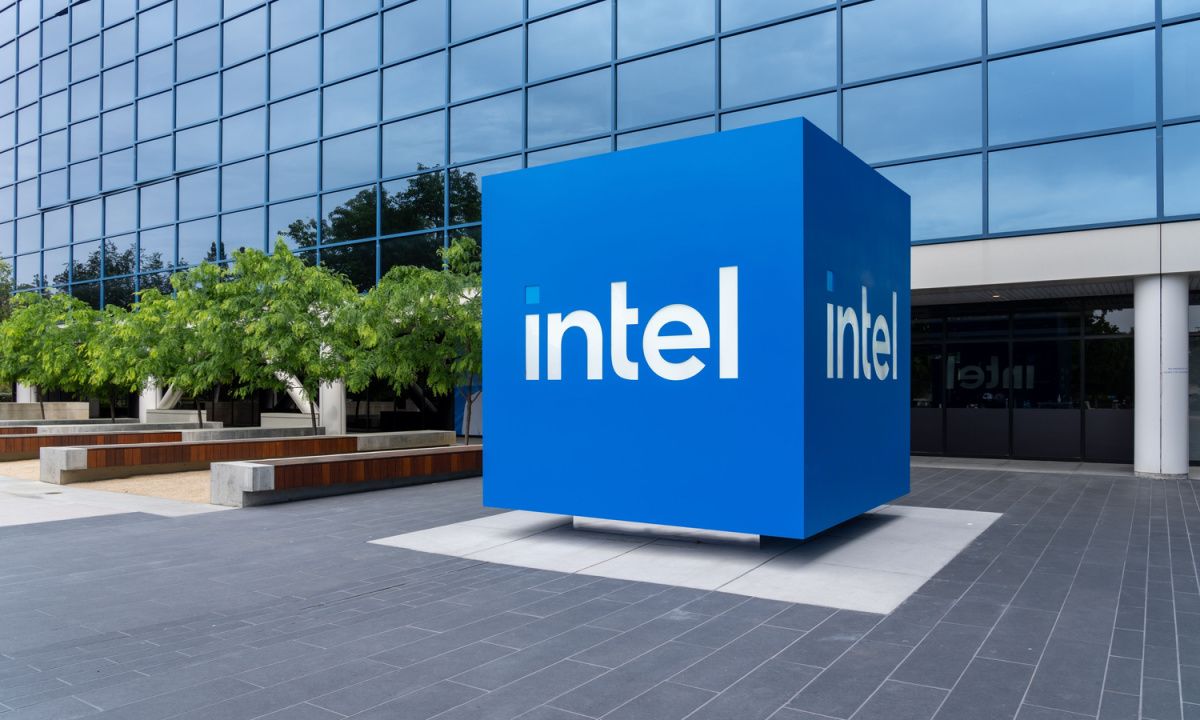The EU Court of Justice’s judgment in Intel II and Its Implications for the Draft Guidelines

By: Stijn Huijts (The Platform Law Blog)
Recap – Two Paragraphs That Changed Competition Policy
In the 2000s, Intel was the dominant supplier of microchips for personal computers, with AMD as its smaller competitor. In 2000, AMD filed a complaint with the European Commission, accusing Intel of anti-competitive practices, including rebates offered to major customers like Dell, HP, and Lenovo, which AMD argued excluded it from the market.
During the early-to-mid 2000s, the EU was debating whether to adopt a “more economic approach” to assessing abuses of dominance. This debate culminated in the Commission’s 2008 Guidance Paper on Article 102. In the Intel case, the Commission applied such an approach, analyzing Intel’s rebates both:
- Formally, by evaluating their conditions.
- Economically, using the As-Efficient Competitor Test (AEC Test) to assess whether an equally efficient rival could compete under the same conditions.
Although the Guidance Paper was not directly applicable to the Intel case (as it postdated Intel’s response to the charges), the Commission asserted its decision aligned with the Paper’s principles. However, it also noted that the AEC Test was “not indispensable” for finding a violation. Ultimately, the Commission concluded that Intel’s practices violated Article 102 TFEU and imposed a fine exceeding €1 billion…
Featured News
Belgian Authorities Detain Multiple Individuals Over Alleged Huawei Bribery in EU Parliament
Mar 13, 2025 by
CPI
Grubhub’s Antitrust Case to Proceed in Federal Court, Second Circuit Rules
Mar 13, 2025 by
CPI
Pharma Giants Mallinckrodt and Endo to Merge in Multi-Billion-Dollar Deal
Mar 13, 2025 by
CPI
FTC Targets Meta’s Market Power, Calls Zuckerberg to Testify
Mar 13, 2025 by
CPI
French Watchdog Approves Carrefour’s Expansion, Orders Store Sell-Off
Mar 13, 2025 by
CPI
Antitrust Mix by CPI
Antitrust Chronicle® – Self-Preferencing
Feb 26, 2025 by
CPI
Platform Self-Preferencing: Focusing the Policy Debate
Feb 26, 2025 by
Michael Katz
Weaponized Opacity: Self-Preferencing in Digital Audience Measurement
Feb 26, 2025 by
Thomas Hoppner & Philipp Westerhoff
Self-Preferencing: An Economic Literature-Based Assessment Advocating a Case-By-Case Approach and Compliance Requirements
Feb 26, 2025 by
Patrice Bougette & Frederic Marty
Self-Preferencing in Adjacent Markets
Feb 26, 2025 by
Muxin Li